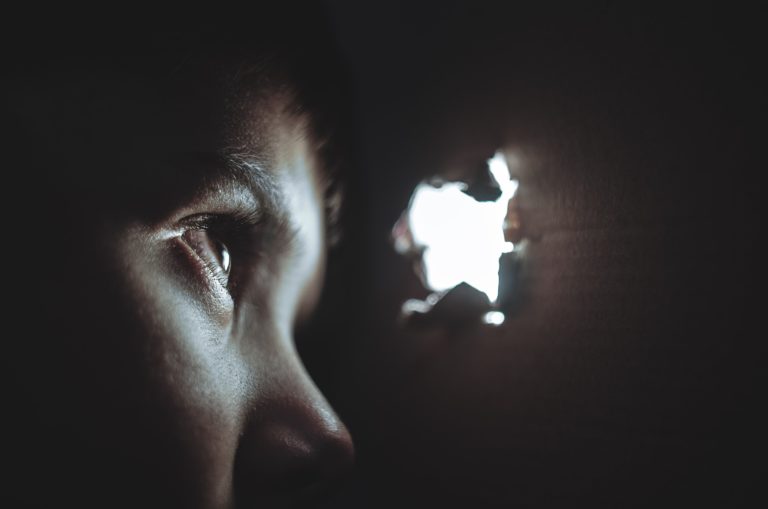
This is tough.
Now is hard.
We have been stuck at home for reasons of personal and public safety for about 3 months.
It’s been difficult to work, to shop, and to mother.
For that matter, it’s been difficult to daughter, to wife, to fiancée, to friend…you get the idea.
It’s imperative to recognize the problems we currently face so that we can process our emotions in a healthy way and move forward.
Many of the choices we have spent so much energy deliberating, the roads we have chosen, and the paths we have beaten for ourselves over the years have been taken away from us, albeit temporarily.
And it’s important to own that.
It’s imperative to recognize the problems we currently face so that we can process our emotions in a healthy way and move forward.
Remembering what our relatives endured at the hands of evil in just the last century is also imperative. It’s admirable to use our current position to gain a deeper understanding of what they suffered. For example, “Wow I’ve been stuck in my apartment with my family for three months. Can you imagine also having to stay away from the windows? Hide in secret compartments? Being actively sought out by the Nazis?”
Reflecting on the trials of our relatives can bring us to a deeper understanding of what we have endured as a people. By drawing on the strength of those who came before, we can bolster and increase our own self-confidence and sense of self. Chava Lederer, MSc, says, “The trauma of the Holocaust is alive for many of us, and the horrors suffered won’t be extinguished. Keeping that perspective may give some courage and strength to forge ahead. It may fortify us to do difficult things.”
BUT viewing our situation solely through Holocaust-colored glasses is unhealthy.
“I shouldn’t feel sad because this is nothing compared to what my grandmother endured.”
Blocking emotions brought up by isolation and uncertainty merely suppresses them. Instead of pursuing a path of happiness and health, we can find ourselves immersed in shame over emotions “we shouldn’t be feeling”. Lederer says, “Denying, belittling, or shaming ourselves for feeling challenged when others suffered much, much worse is a quick way to shut down, cut off, and tuck away the feelings that come along with challenges. It’s a sure-fire route to lose touch with the messages of those feelings.” She explains that these trying times send us the messages to “reach out, be gentle, ease expectations, and find the ground.”
Bracha Halberstadt, BSW, agrees, explaining, “Be it our parents or grandparents who suffered tremendously during the Holocaust, or a neighbor who’s been hit much harder with COVID-19, we tend to invalidate our struggles in light of others who have more pain. The thing is, shutting down our emotions shuts us off from connection with ourselves and others, or conversely, leads to a backlash of emotion dysregulation. The first step in using this time for self-growth, and to further connection, is to acknowledge the struggles that we are each individually experiencing.”
Of course, our relatives endured the worst. That was a horrific time. And we should certainly honor their memory.
But we should also honor ourselves. The two are not mutually exclusive.
The comparison also fosters a sense of inadequacy: “If my grandfather could survive THAT, why am I having so much trouble with THIS?”
Blocking emotions brought up by isolation and uncertainty merely suppresses them. Instead of pursuing a path of happiness and health, we can find ourselves immersed in shame over emotions “we shouldn’t be feeling”.
When we suppress the emotions that come along with our current situation, we invite shame into our homes. Shame is not a polite houseguest. Quite the opposite. Shame brings along its uninvited best friend—Anxiety. Together, they lead us to believe that we are unworthy human beings—merely for feeling the natural emotions that come with our current global climate.
Halberstadt suggests we consider that, “Many of us came into this challenge with pre-existing struggles, like illness, marital or family stressors, or mental health challenges. Our ordinary lives didn’t end when Corona-life took over. On the contrary—many of our other struggles are compounded by the challenge of lockdown, and it’s important to acknowledge the individual ways that Corona has affected each of us.”
Lederer advises, “If we honor the experience of what it’s like to live through this, the treasure of resilience will remain with us for lifetimes.” In the end, shame doesn’t make you a better person. Shame doesn’t help you to improve the interpersonal relationships you so carefully maintain.
The last things we need right now are to be down on ourselves and not recognize our true capabilities. Instead, we need to highlight our strengths and examine how we can use those strengths to build up those around us, holding (virtual) hands and giving big (virtual) hugs so we can all come out the other side stronger and happier.